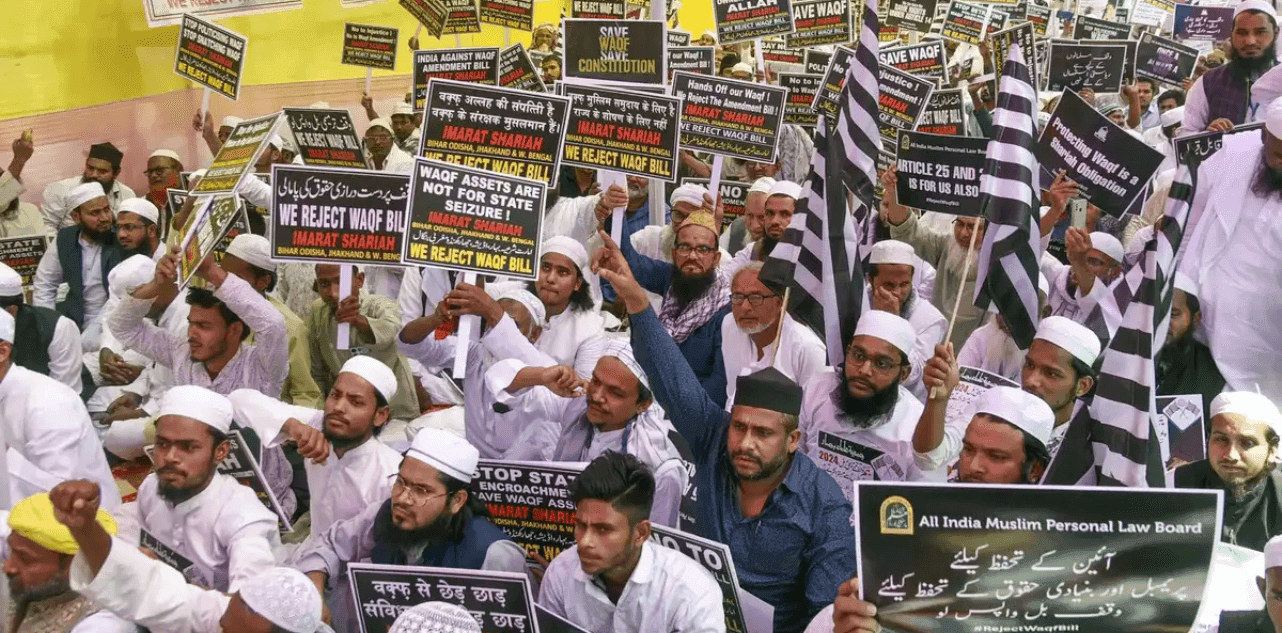Monday 16 February 2026
Pakistan Attributes 'Cycle of Violence' to Indian Actions on Article 370 and Waqf Bill
Share

In the wake of the latest terror attack at Pahalgam, Pakistan blamed the incident and renounced any involvement, placing the blame on the repressive policies of India in Jammu and Kashmir (J&K) and more generally on the condition of Muslims across the country. The government of Pakistan employed abrogation of Article 370 and the Waqf Bill as the catalyst for an "endless cycle of violence" in the region.
The Pakistani release, made following a National Security Committee meeting chaired by Prime Minister Shehbaz Sharif, made charges of "state oppression, abolition of statehood, and political and demographic gerrymandering" against India in J&K. The government of Pakistan accused India of "systematic persecution of Muslims in India," highlighting the "forced passage of the Waqf Bill" as one example of effort to disenfranchise Muslims.
The abrogation of Article 370 in August 2019, which abolished J&K's special status, has also been a contentious issue between India and Pakistan. In Pakistan's opinion, the action, along with the passage of the Waqf (Amendment) Act, 2025, has added to tensions and instability in the region.
The Waqf (Amendment) Act, 2025, has evoked widespread resentment, especially in Murshidabad district in West Bengal. The demonstrations against the law escalated into chaos in April 2025 and killed dozens and injured dozens, and resulting in widespread destruction of property. Protesters were incensed by provisions of the new law, which they argue violate property rights and religious institutions. The violence forced more than 400 people out of their homes and forced central forces into the streets to restore order.
The statement by Pakistan reaffirmed the country's resolve to protect its sovereignty and attacked India's policy as regional destabilizing factors. Through the removal of Article 370 and Waqf Bill, Pakistan tries to bring worldwide attention to the alleged systematic disempowerment of minorities by India, specifically Muslims.
The global community has witnessed the escalating tensions between Pakistan and India. While India is adamant that legislative actions are matters of internal concern to attain national integration and security, Pakistan's accusations have brought an element of complexity to diplomatic discourse. The topic highlights the necessity of dialogue and confidence-building to address bilateral issues and extend regional stability.
Pakistan's charging of India's repeal of Article 370 and passing of the Waqf Bill with the "cycle of violence" shows fundamental hatreds between both nations. While both nations attempt to heal from the effects of the Pahalgam attack and overall consequence of recent legislative moves, positive engagement and dialogue become that much more important in an effort not to further heighten tensions and bring about peace in the region.
Newsletter
Stay up to date with all the latest News that affects you in politics, finance and more.